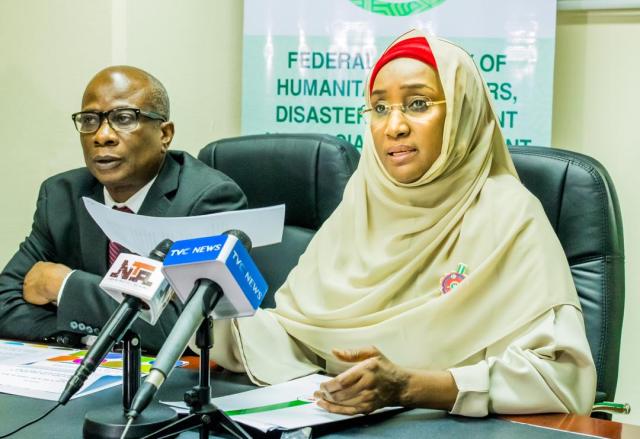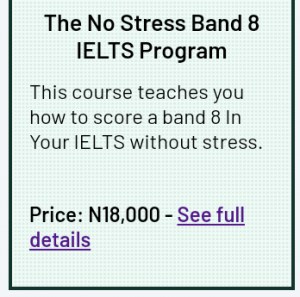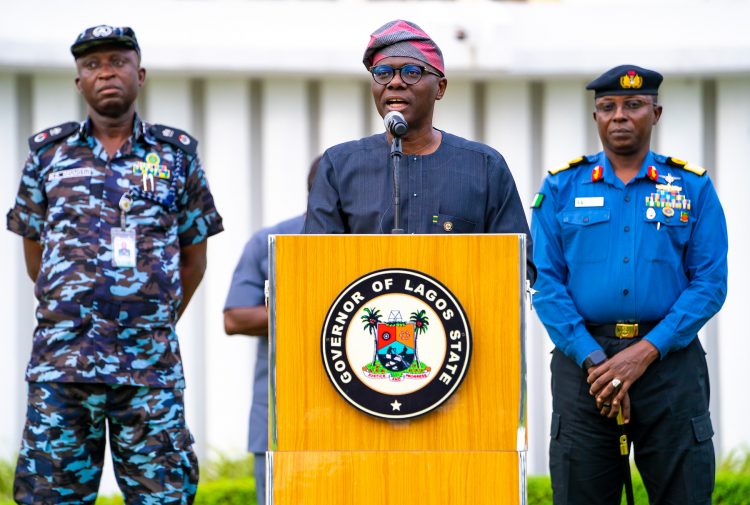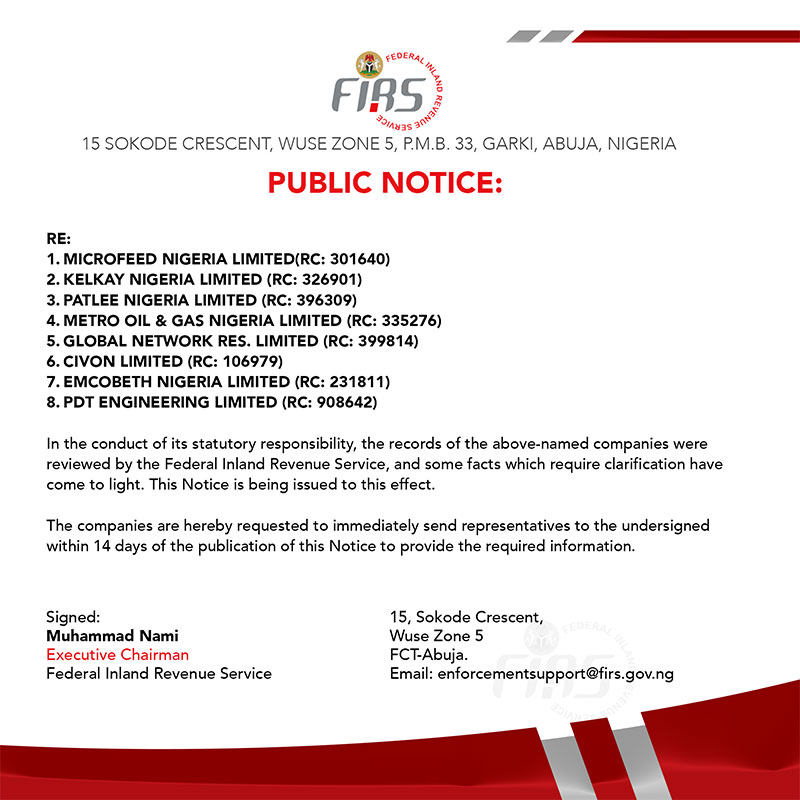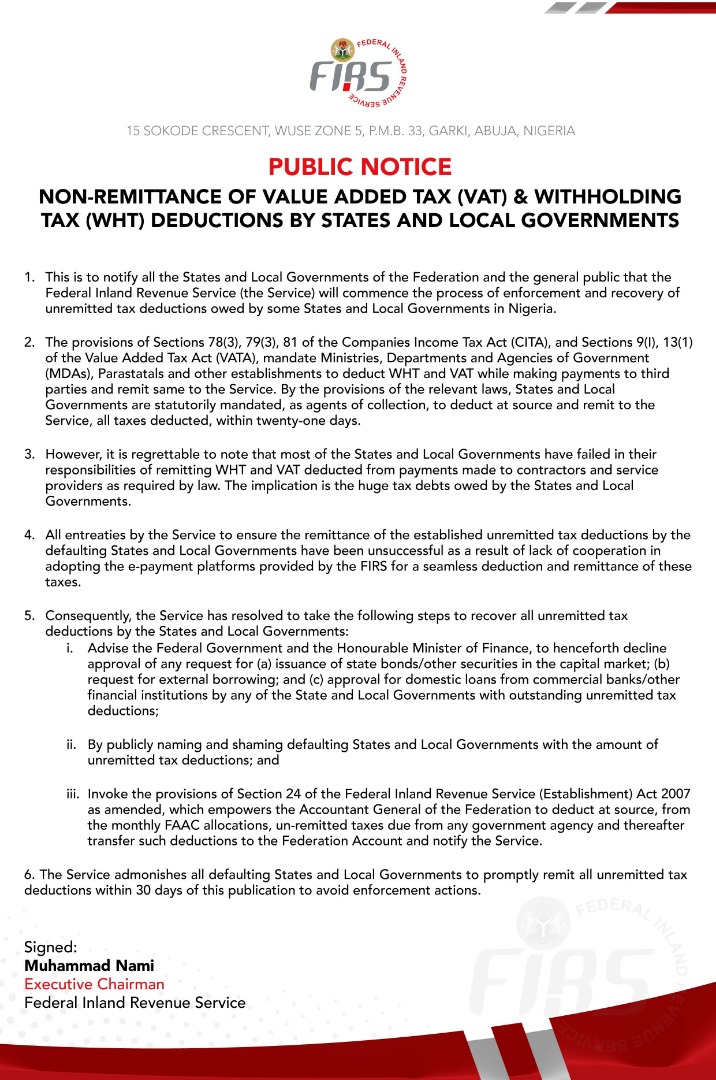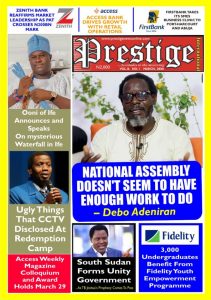Urban poor Nigerians with an account balance of N5,000 or less will be among the beneficiaries of the Federal Government Conditional Cash Transfer scheme.
The Minister of Humanitarian Affairs, Disaster Management and Social Development, Hajiya Sadiya Umar-Farouq, made this known on Tuesday.
Nigerians who regularly top their mobile phones with between N100 and N200 will also benefit.
The third category of beneficiaries are the daily wage earners as well as people living with disabilities.
The minister, who had earlier updated the president on the activities of her ministry, revealed that those saddled with the responsibility of carrying out president’s directive on expansion of the social register would focus more on the urban poor.
“You are also aware that Mr President in his broadcast yesterday (April 13) has directed that we expand the beneficiaries of the Conditional Cash Transfer by one million.
“In this regard, we are going to focus more on the urban poor.
“These are people who depend on informal sector to earn their livelihood – They are daily wage earners and these are people we are really going to focus more on as well as people living with disabilities,’’ she said.
The minister further explained that apart from the National Social Register, the Bank Verification Numbers (BVN) and previous record of purchase of recharge card by mobile phone owners would form parts of criteria in identifying the beneficiaries of the cash transfer
“We are also using the mobile network, people that top up their phones with maybe N100, N200. These are the people we consider to be poor and vulnerable,’’ she added.
She stated that the prospective beneficiaries would be part of the additional one million households approved by President Muhammadu Buhari to boost the nation’s social register.
President Buhari had on Monday in a broadcast directed that the current social register be expanded from 2.6 million households to 3.6 million households in the next two weeks.
The president said that the expansion of the social register is part of the palliative measures to address the hardship being experienced by the poor and vulnerable members of the society as a result of the extension of the lockdown order.


